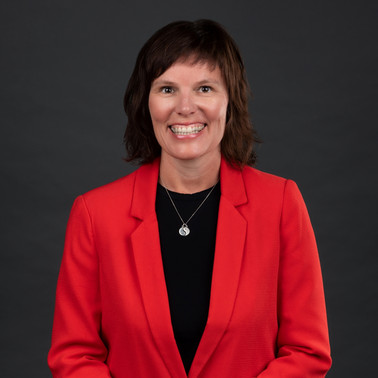ETHICS TALK LIVE: Corruption
On 9 December, our partners from Nordic Ethics Initiative, Anna Romberg and Niina Ratsula moderated an Ethics Talk LIVE with Sara Koski from DLA Piper France and Sam Eastwood from Mayer Brown. Sara Koski works as a Counsel in DLA Piper’s Compliance, Internal Investigations and White-Collar Defense practice in Paris and Sam Eastwood is a partner in Mayer Brown’s Litigation practice in London and a member of the Firm’s White-Collar Defense & Compliance practice.
Identifying risks
In Nordic Business Ethics Survey 2022, 39 % of the respondents had observed giving, asking for or receiving bribes.
“The trend seems to be upward compared to the previous results. The future will tell us whether this is a sign of increased awareness level or increased levels of corruption. The scandals that keep on happening are wake up calls for the companies, and prove that these results are real, rather than just theoretical”, Sara Koski says.
Based on the NBE report, 58 % of the 18-19-year-olds observe bribery, whereas the percentage is only 18% for 50+ respondents.
“I believe that the results may reflect younger generations generally being more aware of this type of issue and them also being more comfortable to voice their concerns” Koski says.
Do Nordic companies struggle to recognize corruption risks?
The root cause of Nordic companies ending up in big scandals is likely not the lack of policies and public statements of zero tolerance. Sara Koski has conducted several corruption risk assessments for global companies and noticed that detecting corruption risks is very hard, even when the compliance program is mature.
“When the risks are assessed, the probability level of the risks to occur is also often seen very low, which could imply underestimation in certain cases. It is important to understand that risk management is not ‘one size fits all’ type of a solution. Understanding the local risk universe and specific risks stemming from activities in different countries is a key to adopting effective risk management practices. Thus, a holistic view of the operating environment is needed”, Koski says.
Moreover, the enforcement activity is (generally speaking) low in the Nordics, which does not actively surface the risks. As Nordic countries are ranked among the less corrupt countries as part of Transparency International’s corruption perception index, this could also influence Nordic companies’ perception of the risks and give a false sense of security.
Does the organizational structure matter?
Sara Koski underlines that senior management’s experience and role is essential in upholding a strong compliance culture and preventing corruption risks.
Regarding centralized vs. decentralized organizational structure, neither model is either good or bad, or better or worse. There are pros and cons to both as in the centralized model the management may be too far away to get relevant information and in decentralized model the information may never reach the right people. The key is to have strong escalation processes and for the risk management to be infiltrated throughout the organization.
”Rules and controls are important as we cannot blindly trust that we all share the same values and play by the same rules. When wrongdoing is detected an effective risk management approach also requires that adequate remediation measures are taken”, Koski says.
Is enforcement the solution?
Sara Koski agrees that enforcement is an essential factor for efficient anti-corruption regulations. When this is combined with obligations for companies to deploy strong compliance programs and controls, and when out of court settlement mechanisms, such as deferred prosecution agreements, are made available, these different processes together may lead to a quick shift in the way companies address compliance risks.
Current development of even more stringent and numerous compliance and sustainability regulations at the international level also accelerates this trend. This is likely to further strengthen the strategic importance of these issues for companies and their directors.
Watch the Ethics Talk LIVE recording with Sara Koski and Sam Eastwood here.
To discuss this or other compliance and business law topics, please contact Salla Tuominen. Salla is a partner and Head of Corporate in DLA Piper Finland and passionate about good governance. She is the representative of our Nordic offices in DLA Piper's Sustainability and Environmental, Social and Governance steering group.
We are committed to making businesses better by helping clients and communities’ transition and thrive in a more sustainable future. Together with Nordic Business Ethics Initiative we promote transparent dialogue on challenges and opportunities related to business ethics and compliance.



